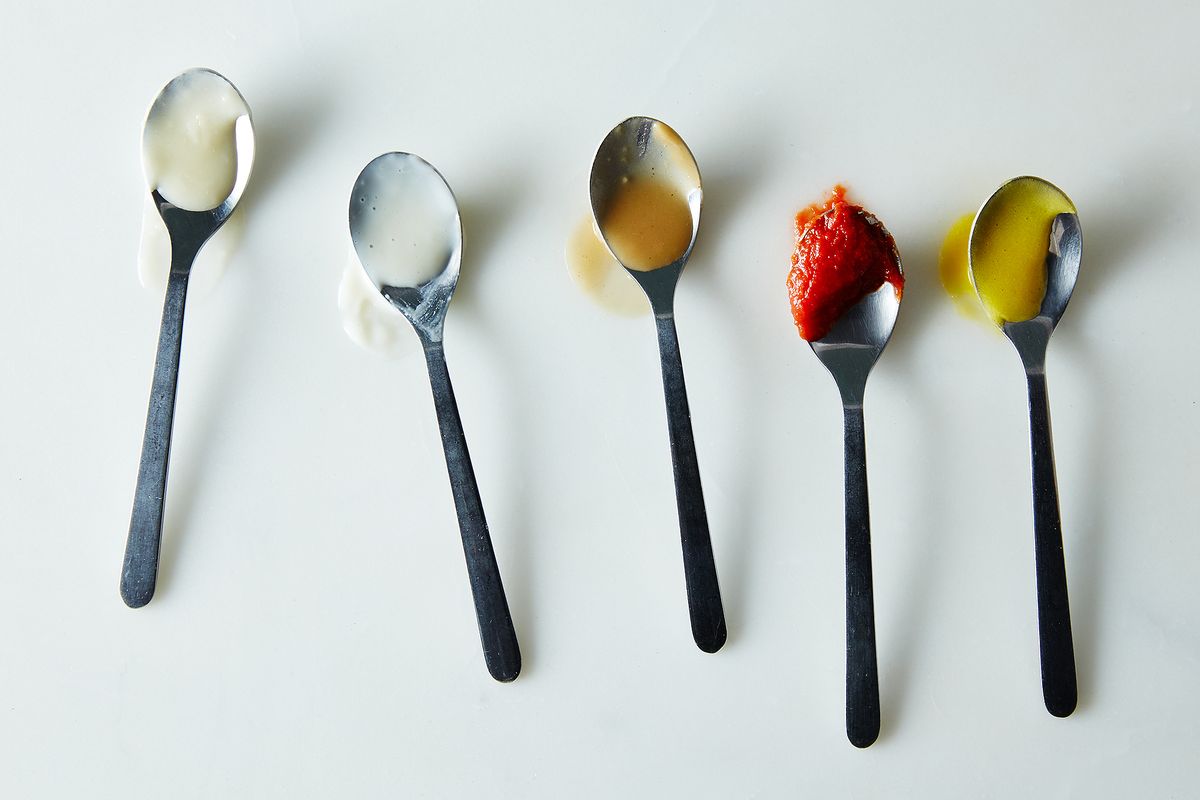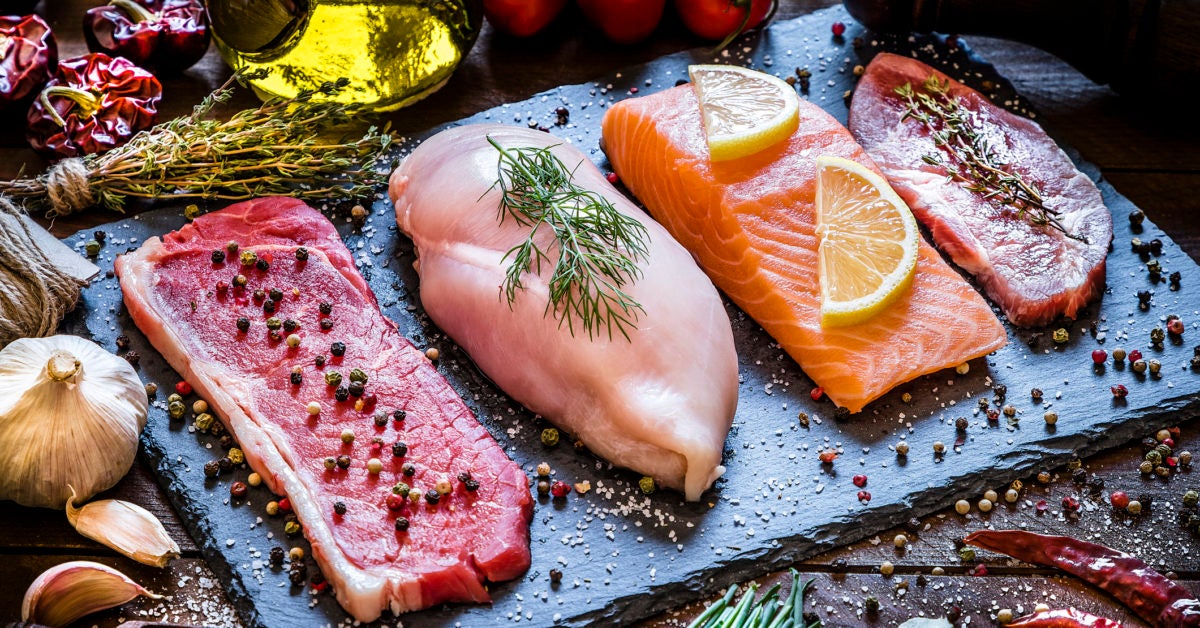
Today, we are here with some basic cooking skills every budding chef should know before entering the industry. These skill sets may seem simple; however, the perfection of these culinary techniques is what makes or breaks a dish.
No chef is born with a Michelin star; from Michel Roux to Gordon Ramsay, they all began with the basics. So, here are our ‘must-know’ cooking skills to take you from nervous novice to a confident chef, to begin with.
1. Knife Skills

When it comes to mastering the cutting skills there are many technical aspects to it that only a trained chef would know. From getting the right grip on the knife to cutting in precisions, there are various techniques involved when you handle a knife in a professional kitchen. This is the first and foremost skill set you learn in the culinary school which will be one of the most tested skills during the trade test of a job interview at the beginning of your career. Practice is the key to master this skill; so now you know what you should be doing during your free time in the culinary school.
2. Making the Perfect Stock

A good stock is the heart and soul of dishes such as soups, stews and other stock-based preparations which take them to the next level. While you’re at school getting trained to become a chef, stock making is something you will do on an everyday basis. Taking that into account you should be all set to prepare that perfect pot of stock.
3. Mastering the Five Mother Sauces

Once you get into the kitchen, you will learn and make a variety of traditional and modern sauces for different cuisines. However, it’s the knowledge of the five French mother sauces that will prove essential to learn more. In the beginning, they may seem a little complex to learn but knowing to prepare these five sauces are extremely important for a chef, and once learned; it will nurture your confidence in the kitchen.
4. Becoming an Egg Expert

Eggs are not that scary if you look at it from a layman’s point of view. However, when you’re in a professional kitchen, eggs could be one of those intimidating little things that could go terribly wrong if you don’t know the different techniques behind the not so similar methods of cooking an egg. When you become a chef, you don’t just cook an egg; you’re boiling, poaching, and frying it. So, make sure you learn the basics very well while you’re in the school itself.
5. Meat, Poultry & Fish

One should be well aware of the safety steps taken when they are dealing with meat, poultry or fish in a professional kitchen. Every step in handling, cooking and storing this kind of perishable food items safely is essential to avoid any kind of food contamination. As a budding chef, you should know to check its freshness, doneness while cooking, how to clean it and also packing it properly for storing.
6. Vegetable Sanitation

Managing fruits and vegetables are also as important as handling meat. With the amount of food being prepared in a commercial kitchen, each and every ingredient should be carefully handled before it is being used for cooking. When it comes to fruits and veggies, its freshness should be checked properly to ensure that it is clean and undamaged to avoid any kind of food poisoning.
7. Kneading the Dough

Whether you’re a cookery chef or a pastry chef, kneading the dough is an inevitable task in the kitchen. Be it flatbread or loaf bread the perfection of the final product is in the kneading of its dough. It wouldn’t look like a task as such but remember if the consistency of the dough goes wrong it will definitely ruin the bread.
8. Staying Safe in the Kitchen

Last but not the least; take care of yourself when you’re hustling through the busy kitchen atmosphere. A commercial kitchen is a high paced place so if you’re not careful enough you could hurt yourself easily. This is mainly why you should have a better grip on the above-said skill sets to keep up with the pace to stay safe.
